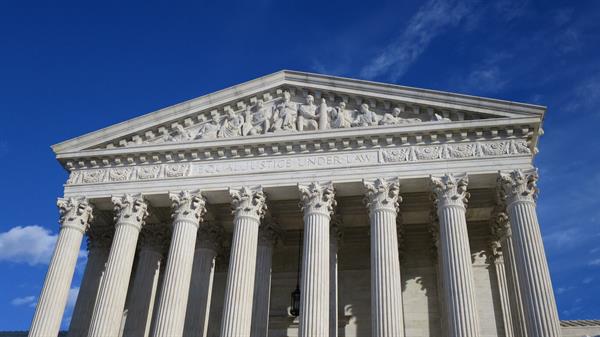Supreme Court Holds Copyright Damages May Reach Back More Than Three Years

Under the Copyright Act, a plaintiff must file suit “within three years after the claim accrued.” On one understanding of that limitations provision, a copyright claim “accrue[s]” when “an infringing act occurs.” But under an alternative view, the so-called discovery rule, a claim accrues when “the plaintiff discovers, or with due diligence should have discovered,” the infringing act. In this case, music producer Nealy invoked the discovery rule to sue Warner Chappell Music for copyright infringements going back 10 years. Nealy argued that his claims were timely because he did not learn of Warner’s conduct until he got out of prison. In the lower court, Warner accepted that the discovery rule governed the timeliness of his claims but argued that any damages were limited to the last three years. The District Court agreed, relying on a Second Circuit decision. The Eleventh Circuit reversed, agreeing with the Ninth Circuit in rejecting a three-year damages bar.
Supreme Court Held: The Copyright Act entitles a copyright owner to obtain monetary relief for any timely infringement claim, no matter when the infringement occurred. The Act’s statute of limitations establishes a three-year period for filing a suit, which begins to run when a claim accrues. That provision establishes no separate three-year limit on recovering damages. If any time limit on damages exists, it must come from the Act’s remedial sections. But those provisions merely state that an infringer is liable either for statutory damages or for the owner’s actual damages and the infringer’s profits. There is no time limit on monetary recovery. A copyright owner possessing a timely claim is entitled to damages for infringement, no matter when the infringement occurred The Court noted that a division exists among those Courts of Appeals applying a discovery rule about whether to superimpose a three-year limit on damages. As a result, it limited its review only to that question since Warner agreed the discovery rule governs. In reaching its decision, it affirmed the reasoning of the Eleventh Circuit that a three-year damages bar would gut or silently eliminate the discovery rule. It made clear it was not addressing whether a copyright claim accrues when a plaintiff discovers or should have discovered an infringement rather than when the infringement happened.
By refusing to weigh in on the discovery rule v. the injury rule, resolution must await a further case. The implications of this decision are far reaching since it is likely that new plaintiffs will bring copyright infringement suits against music publishers and record companies seeking similar relief. Meanwhile, whether the injury or discovery rule applies will depend on where the suit is filed.
Warner Chappell Music, Inc.. v. Nealy, U.S. No. 22–1078 (May 9, 2024).

For more information, contact:
Jacqueline Criswell
Senior Counsel
jcriswell@tresslerllp.com
(312) 627-4003

